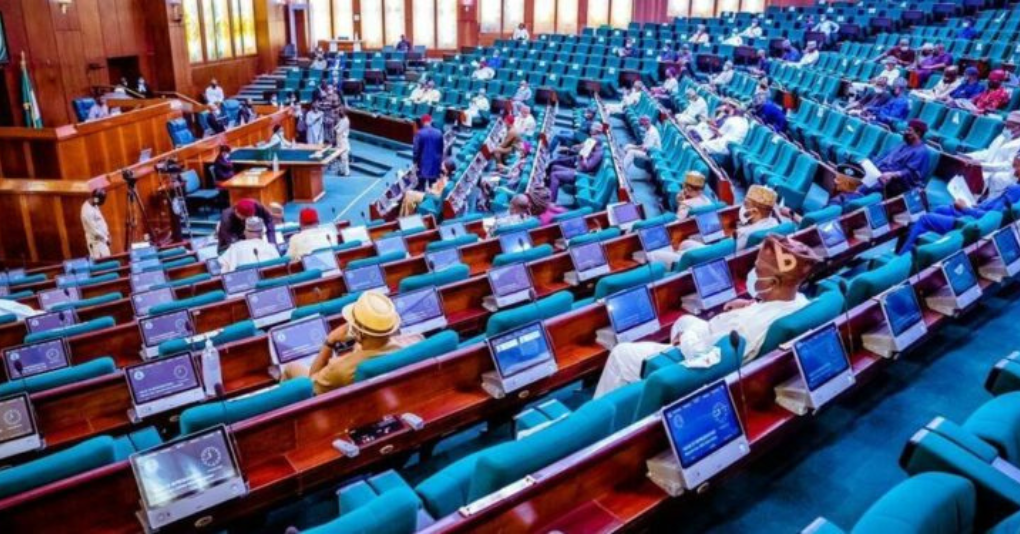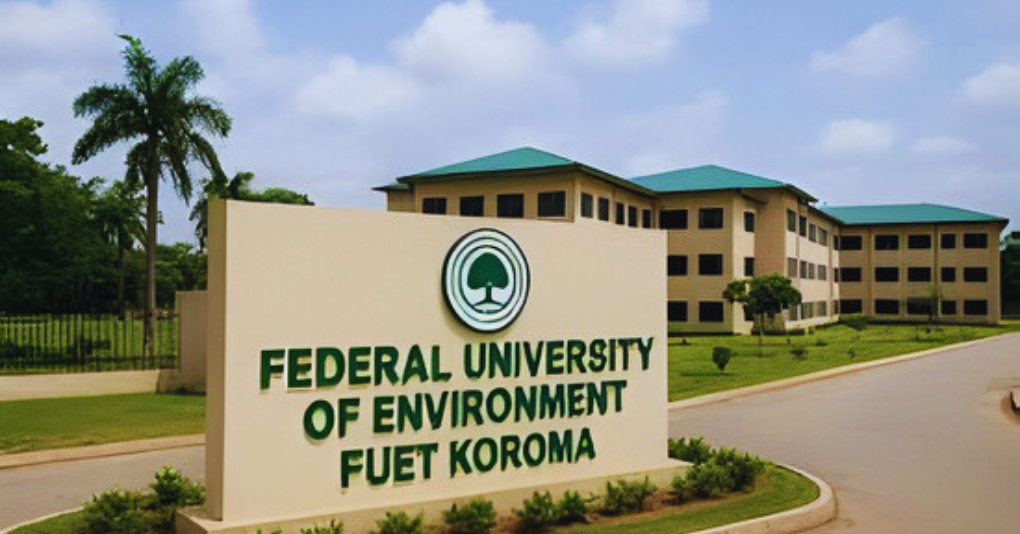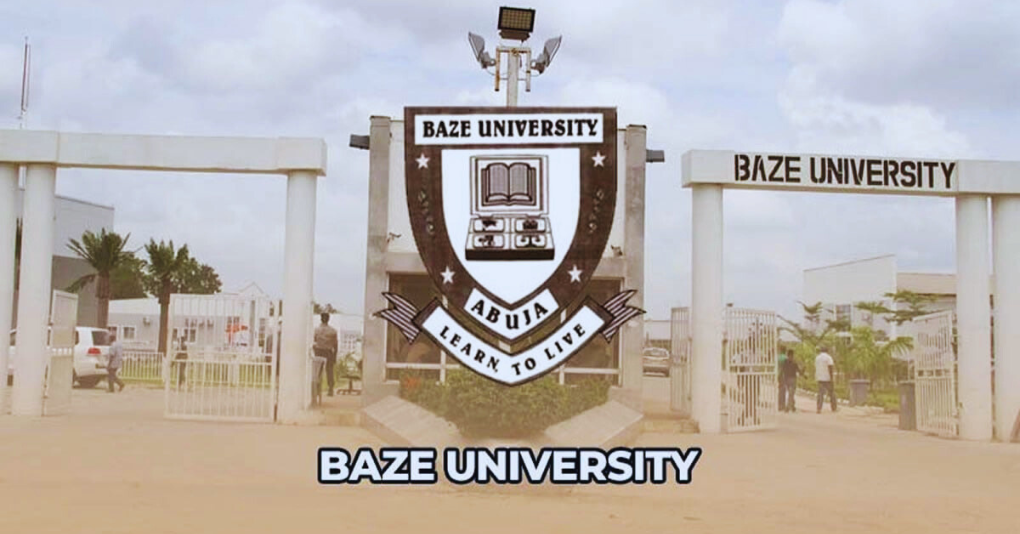The House of Representatives has urged the Federal Ministry of Education to commence a pilot programme in selected schools across the country to assess the feasibility and benefits of utilising local languages as a medium of instruction and teaching.
This followed the adoption of a motion on notice sponsored by Kalejaiye Adeboye Paul (APC, Lagos) on the need to promote local languages as a medium of instructions in primary and junior secondary schools.
The Lagos State lawmaker said Nigeria boasts of an extraordinary linguistic diversity, reflecting the rich cultural tapestry of the nation, while the current educational system primarily employs English as the medium of instruction, which has rendered the local languages like Hausa, Igbo, and Yoruba, ineffective and almost extinct.
He said teaching in the mother tongue often leads to stronger teacher-student connections, creating a conducive learning environment and positive classroom dynamics.
According to him, engaging local communities in the education process is more effective when language aligns with the culture and fosters active participation and support for children’s education.
He said that encouraging indigenous languages in Nigerian primary and junior secondary schools is a crucial step in promoting inclusive and culturally sensitive education, improving the educational experience for children across the country.
He said that prioritising local languages bridges education-culture gap, ensuring no child is left behind due to linguistic barriers, fostering academic success, empowering communities and strengthening nation fabric.
Share this post





Be the first to comment on this post